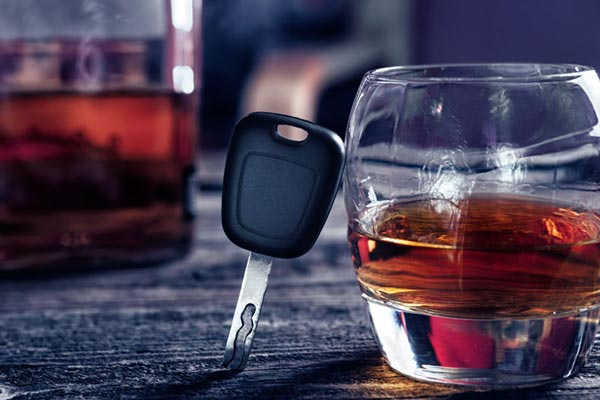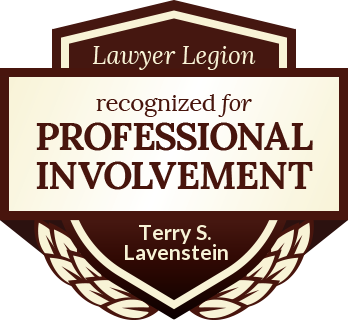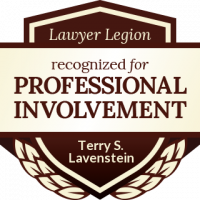By: Euan McConnell
[ad_1]
Getting arrested for DUI is never easy. You will possibly have to deal with a suspended license, a large fine, mandatory community service and probation. Along with the legal ramifications of a DUI, the guilt, embarrassment and worry you feel after a DUI or DWI related arrest can overtake your life for days, weeks or even months.
Although there are various legal steps to take when dealing with a DUI, it is very important to put your mental and emotional health near the top of your priority list. The mental anguish you feel is very real, and should be tended to. Here are four tips for mentally and emotionally dealing with a DUI.
1. Talk to your lawyer.
In situations like these, everybody wants to know what is in store. If you are like me, knowing what you can expect even if you don’t like it is far better than being taken off guard down the road. For this reason, I suggest talking to your lawyer after the hearing. A reputable, trusted DUI lawyer will have been through this process countless times and will be able to tell you what you can expect. I still remember how much talking to my Seattle DUI lawyer personally put me at ease. Talking to my Seattle DUI attorney allowed me to know the facts and put a plan together. Having a plan of attack for future issues makes them much easier to deal with.
2. Discuss the matter with friends and family.
A DUI is something that you are going to have to deal with on a personal, internal level. However, it is something that should be discussed with close family and friends. If you are convicted of a DUI, there are going to be parts of your life that change. Your probation isn’t going to allow you to go to bars or nightclubs. You are also likely to have driving restrictions. Talking to your friends and family about your situation can alleviate some of the emotional weight of a DUI. Your friends and family will support you and help you through this tough time.
3. Talk to an alcohol abuse support group.
Not everyone who gets a DUI is an alcoholic. Your DUI could have been a result of a lapse of judgment or a one time night of uncharacteristic binge drinking. Regardless, there are many positive benefits of attending alcohol abuse support group meetings. At these meetings, you will be surrounded by people who are either currently in your situation or have been in your situation. Knowing that you aren’t singled out in a DUI is very important; it eases your embarrassment and guilt. Listening and speaking at a support group will improve your mental and emotional health, allowing you to get on with your life.
4. Accept responsibility and learn from your mistake.
Perhaps the biggest suggestion I can offer for getting on with your life after a DUI arrest is accepting responsibility. Don’t blame other people. Don’t complain about the police officer being hard on you or the judge making an example out of you. Take responsibility for your own actions and admit your mistake. Being honest with yourself will allow you to put everything in perspective and truly move on.
[ad_2]
Source














